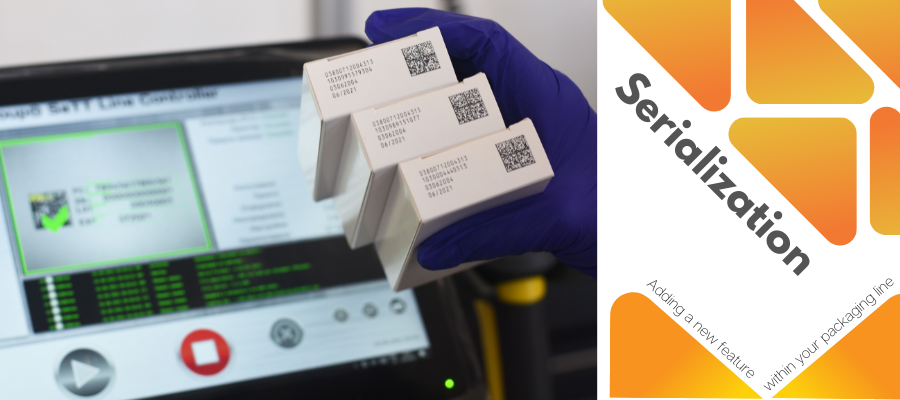
[Blog] How Pharmaceuticals could use serialization to address the sustainability challenges
The pharmaceutical industry’s journey toward sustainability involves implementing practices and strategies that minimize its environmental impact while continuing to advance medical science and patient care.
Recognizing the importance of sustainability, many pharmaceutical companies are now striving to strike a balance between their business objectives and their responsibility to protect the planet.
Table of Contents
How the activity of pharma companies impact the environment
The operations of pharmaceutical companies exert a notable influence on the environment, yielding various environmental impacts. These effects emanate from diverse phases of the pharmaceutical lifecycle, containing research, development, manufacturing, distribution, and possible disposal.
The pharmaceutical supply chain is a complex web of processes. It’s unique because it has to consider three important aspects of sustainability: Environmental, Governance and Social (ESG).
Let’s see an overview of potential ESG factors companies could consider when optimizing their activities for sustainability.
Environmental
- Energy and raw material consumption and efficiency
- Exposure to fossil fuels
- Water usage, management, and recycling
- Impact and dependence on biodiversity and ecosystems
- Land degradation, soil sealing, deforestation, etc.
Social
- Workplace health and safety
- Training and education, investment in human capital
- Poverty and community impact
- Supply chain management
- Customer privacy, health, and safety
- Personal data security, etc.
Governance
- Accountability
- Transparency and disclosure
- Executive pay, gender pay gap
- Board diversity and structure, board of Directors independence
- Shareholder rights, etc
The industry can help the environment by using more sustainable ways in its supply chain. This means making less impact on the planet. To solve the challenges and make sure the next generations have a good planet to live on, everyone involved needs to work together. In many aspects creating, implementing and improving these practices is a long-term initiative that companies invest in.
Serialization – how the solution helps with sustainability issues
Serialization technology has emerged as a vital tool for the pharmaceutical industry in mitigating disruptions and enhancing supply chain visibility. With the likelihood of future challenges, integrating this type of cloud-based technology offers numerous benefits, including improved tracking, reduced counterfeiting risks, and streamlined operations.
Serialization plays an important role in addressing sustainability issues within the pharmaceutical industry by offering a range of benefits. One of its primary advantages is its ability to prevent the circulation of counterfeit medicines, ensuring that authentic products reach patients and minimizing the environmental impact associated with the production and disposal of fake drugs.
Furthermore, this solution optimizes inventory management, helping to prevent the accumulation of expired or unused medications that contribute to unnecessary waste. Its role in enhancing transparency across the entire supply chain enables better decision-making and the identification of areas for improvement. This results in streamlined processes that reduce inefficiencies and overall waste generation.
Serialization also contributes to sustainable packaging practices by enabling the use of unique codes that eliminate the need for excessive labeling or packaging materials. This reduction in packaging waste has positive implications for environmental conservation. Moreover, the ability to track and trace serialized products accurately facilitates efficient distribution, ultimately leading to reduced fuel consumption and emissions associated with transportation.
Conclusion
Serialization has the potential to emerge as a “hidden sustainability superhero” within the pharmaceutical industry due to its transformative impact on environmental and ethical concerns.
Like a hidden superhero, serialization operates behind the scenes, quietly combating sustainability challenges.
What to expect
In the pharmaceutical world, we can expect a growing focus on doing things in ways that are better for the environment and people. Companies will likely become more open about how they make their products and where they get their materials. They might use packaging that’s kinder to the planet and find ways to create medicines with less waste.
New technologies can help track medicines and prevent fake ones from being sold. People who buy medicines and invest in companies will push for these changes too. And as rules get stricter, companies will have to meet higher standards for being eco-friendly and ethical. All will make the pharmaceutical industry more responsible and caring about the world we live in.
Source:
https://www.adaptideations.com/
https://www.pharmamanufacturing.com/
https://onlinelibrary.wiley.com/doi/full/10.1002/csr.2564






